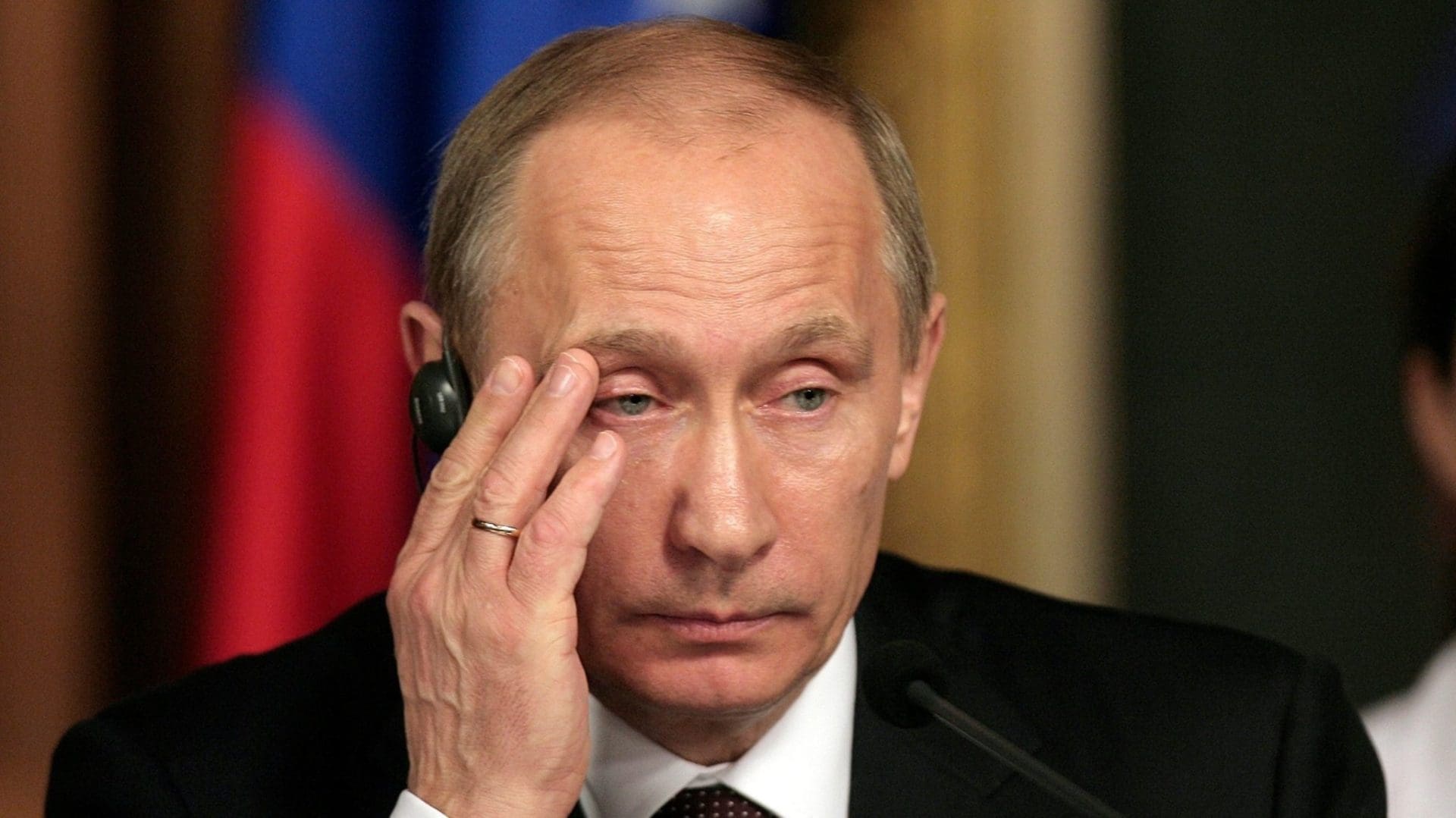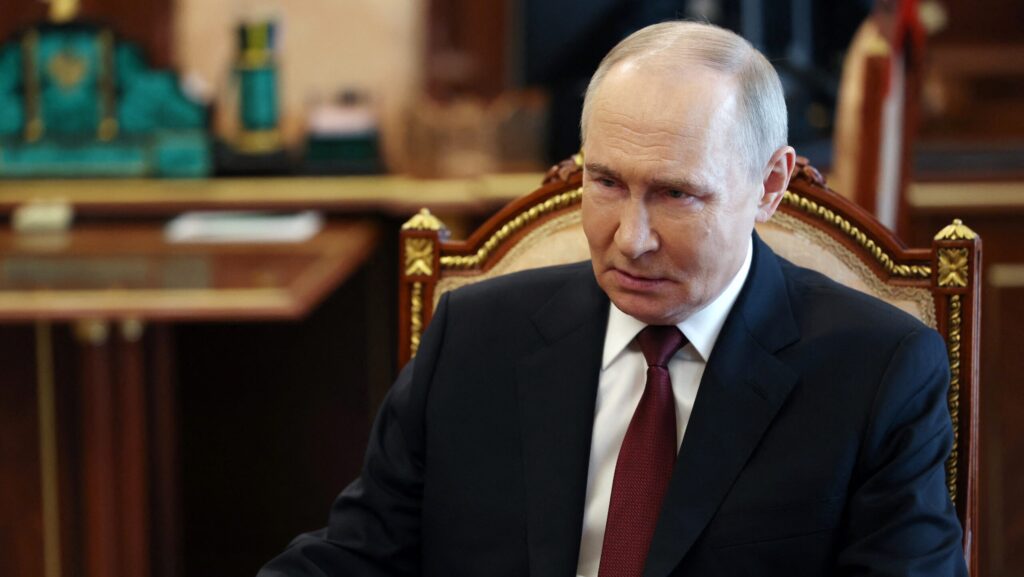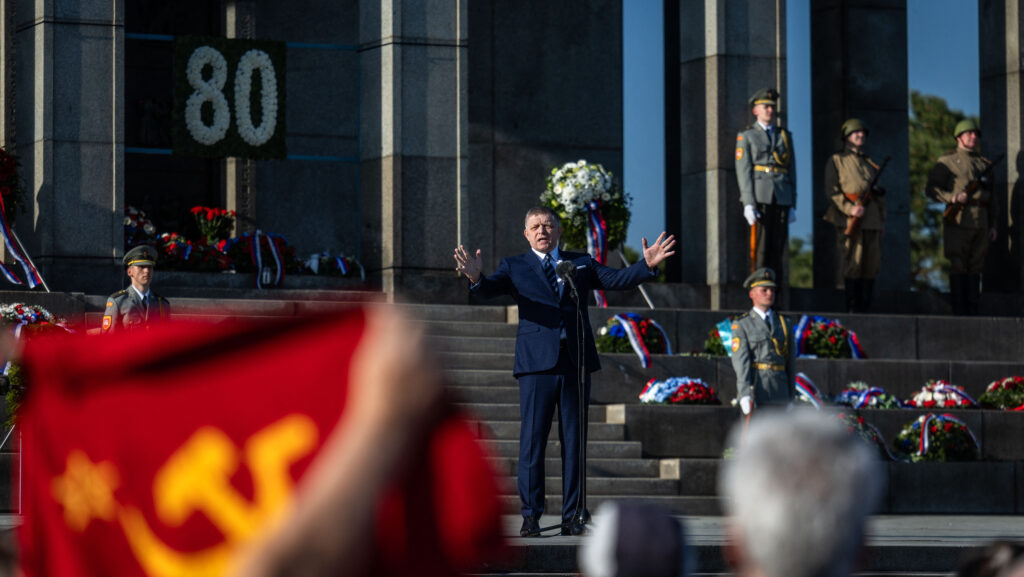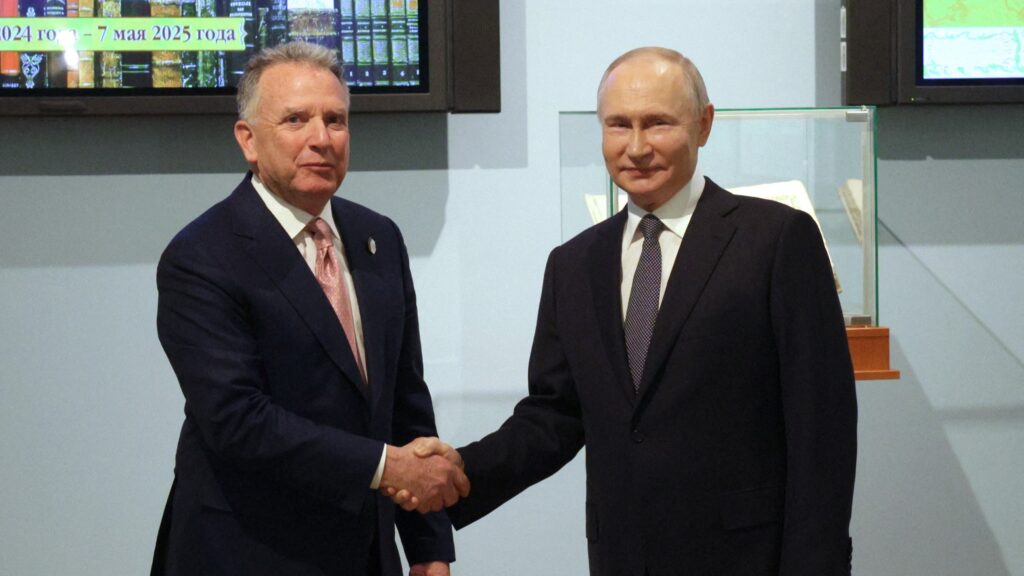Over the last couple of months Western media has engaged in vivid speculation about the health of Russian President Vladimir Putin. As was the case in Soviet times, there is still secrecy surrounding the country’s leaders in Russia, not least their health, so there has been no official information about Putin’s health status, only rumours. Videos and photos are circulating on YouTube and social media “explaining” signs of his deteriorating health. One of the most famous videos is from a meeting, where the visibly bloated Russian President grips the table he is sitting at with his hand, apparently for support. Based on the video some speculated that he has Parkinson’s disease, while others suggested that he has been secretly meeting with cancer doctors in the last couple of months. Another similar analysis by Sky News of the Victory Day celebrations suggested that Putin’s walk is unstable, and he seems to be unable to control the right side of his face. Putin kept his right arm down by his side, while swinging his left arm, which many interpreted as a sign that he had had a stroke. Some have even claimed that his decision to invade Ukraine was itself a sign of illness. The argument here is that the war–which cost so much in terms of human life and financially–is a product of a mind which does not care about the future anymore. The alleged illness makes the Russian leader more paranoid, it has been suggested, which explains his fear of losing power and wanting to legitimise his rule with the invasion.
As the reports about Putin’s health continue to grow in number, actual knowledge about the issue appears to be shakier and shakier. Comparing most recent pictures of him with photographs from five years ago, it is undeniable that his outlook has changed considerably. His face is much puffier than before, for one, and in general, photos that used to show off his lean and muscular body in the Russian media have completely disappeared. Among the most commonly named alleged illnesses of the Russian leaders are Parkinson’s disease and various types of cancer, but it has also been suggested that he has multiple serious illnesses. The various conditions named include blood cancer, liver cancer, thyroid cancer, with some even claiming to know that he has a brain tumour or early-stage dementia. To support all of these alleged illnesses the same symptoms are cited – his sloppy posture, unsteady walk, puffy face and his disoriented appearance.
As the reports about Putin’s health continue to grow in number, actual knowledge about the issue appears to be shakier and shakier
A large number of well-known figures have expressed the view that Putin is ill. Richard Dearlove, a former MI6 head, academic Andres Aslund, former secretary of state Condoleezza Rice and ex-KGB counterintelligence officer Boris Karpichkov have all claimed that Putin is ill. Probably one of the most thorough reports about Putin’s health was published in Newsweek, concluding on the basis of information obtained from members of the American intelligence community that the Russian leader has advanced cancer. The American intelligence services have apparently produced four comprehensive reports on the Russian president’s health, and they have found that Putin re-emerged from cancer treatment in April this year. Supporting this claim, an anonymous Russian intelligence officer also reported that Putin has rapidly advancing cancer, and Russian doctors give him only three more years to live. The FSB agent said that Putin suffers from serious headaches and his eyesight is so bad that when he appears on television, each of the speech cards he uses has only a couple of sentences on them, written in huge letters.
CIA director William Burns said that there is no intelligence suggesting that Putin is in bad health
Contrary to these abundant claims of serious illness, at the Aspen Security Forum in Colorado CIA director William Burns said that there is no intelligence suggesting that Putin is in bad health. The director even joked that he is ‘too healthy’. Burns’s denial of Putin’s illness is a reminder of other possible explanations for the “symptoms” of Putin’s “illness”. The change in the president’s appearance can be attributed to simple aging, for instance. Putin will turn 70 soon, so it might be not that surprising that the Russian media have stopped publishing shirtless photos of him. One may also attribute the deterioration of his appearance to the overuse of fillers and Botox, which could explain why his face is so bloated. To sum up, it is impossible to tell for certain whether Putin really has a serious illness or not. The Western world just does not have good enough intelligence on the Kremlin. Not to mention the fact that the speculations in the Western media about the Russian president’s health are probably also motivated by wishful thinking – no doubt, many would prefer to see him dead.








